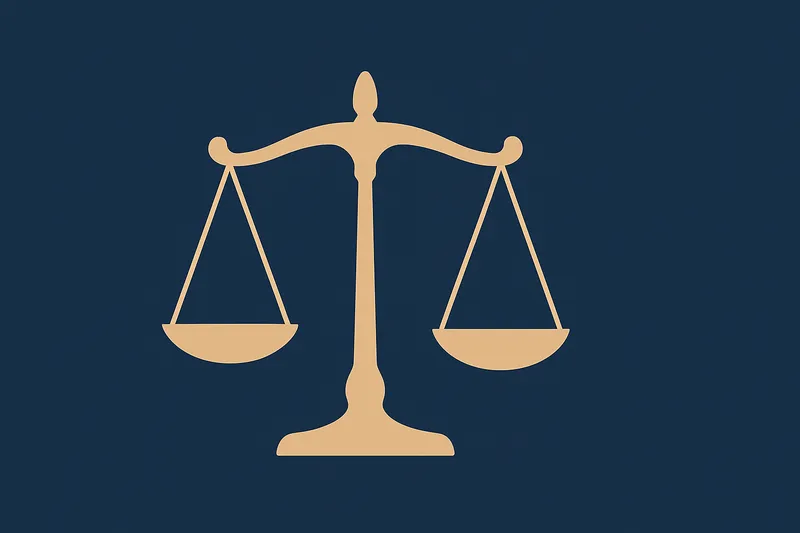Invalid Georgia Hospital Liens: Improper Verification Can Be Challenged
5/5/2025 | Written by Elliot Bourne

Hospital liens are a common issue in personal injury cases, but many hospitals are improperly verifying their liens. Here's how to challenge them.
The Big Picture - Hospital Liens Require a Verified Statement From Someone With Personal Knowledge
Under Georgia’s hospital-lien statute, a medical provider that treats someone hurt by another’s negligence can file a lien against the injured person’s legal claim for the “reasonable charges” of that care. O.C.G.A. § 44-14-470(b). The idea is simple: if there is an eventual settlement or verdict, the provider gets paid out of those funds rather than chasing the patient directly.
But that lien is only as strong as the paperwork behind it. Before it can bite into a settlement check, the provider must perfect the lien by filing a verified statement in the clerk’s office of both (1) the county where the hospital sits and (2) the county where the patient lives. O.C.G.A. § 44-14-471(a)(2).
Unfortunately, we’re seeing a wave of large hospital systems skirting that rule. Instead of having a billing supervisor sign, they outsource the task to third-party collection lawyers who signs the verification.
The verification requirement is clearly intended to protect injury victims. A hospital cannot assert a lien without swearing under oath that it is based on reasonable charges. If a hospital lien is challenged in court, the injury victim should be allowed to depose the individual who signed the verification stating that the charges are reasonable. Clearly, an attorney for a third-party collection/subrogation company has no actual knowledge of the hospital’s billing practices or how the amounts are generated.
A verified statement is more than a notarized signature. Georgia courts have long held that a “verification” must be executed by someone with personal knowledge of the facts (For example: the billing codes, the amount billed, the reasonable and customary charges, billing rates for self-pay, and so on). When the affidavit comes from an outside lawyer who never set foot in the billing office, it is not a verification at all. See Heavey v. Security Management Co., 129 Ga. App. 83 (1973).
“Verified” Means Someone With Actual Knowledge – Not a Hired Gun
When a hospital fails to follow the provisions of O.C.G.A. § 44-14-470, the injury victim can file a complaint to extinguish the lien. Unfortunately, in recent years, many prominent hospitals have been caught using unscrupulous billing practices to profit off injury victims. The hospitals file these inflated liens in hopes that attorneys will pay them without challenge.
Recently, Bourne Law Firm sued a large regional hospital because they were trying to recover a huge lien based on massive overbilling. The hospital’s verified statement, filed with the lien, was signed by a staff attorney who was associated with a third-party subrogation company. Because that attorney lacks firsthand knowledge, we asserted in our complaint that the lien flunks the verification requirement and should be extinguished altogether. As a result, the hospital finally agreed to come to the table and negotiate a fair reduction of their bill.
Important note: Even if the hospital were allowed to pursue a lien, the amount must still be “reasonable.” Georgia’s Supreme Court made that crystal-clear in Bowden v. The Medical Center, Inc., 297 Ga. 285 (2015): hospitals can’t insist on their sticker-price “chargemaster” rates if those rates bear no resemblance to what insurers or Medicare actually pay.
The Bottom Line
Georgia law gives hospitals a tool—not a weapon. When providers treat the verification requirement as a meaningless formality and demand phantom rates nobody else pays, they overstep the statute and hurt the very patients they claim to help. If you are dealing with a massively inflated hospital lien, the verification requirement under O.C.G.A. § 44-14-471 should not be overlooked. Improper verification of the hospital lien can often provide a strong basis to challenge inflated liens. If you or a loved one is staring down a hospital lien after an auto-collision don’t assume it’s valid. Let the Bourne Law Firm review it first. We’ll make sure you pay only what the law requires—and not a penny more.